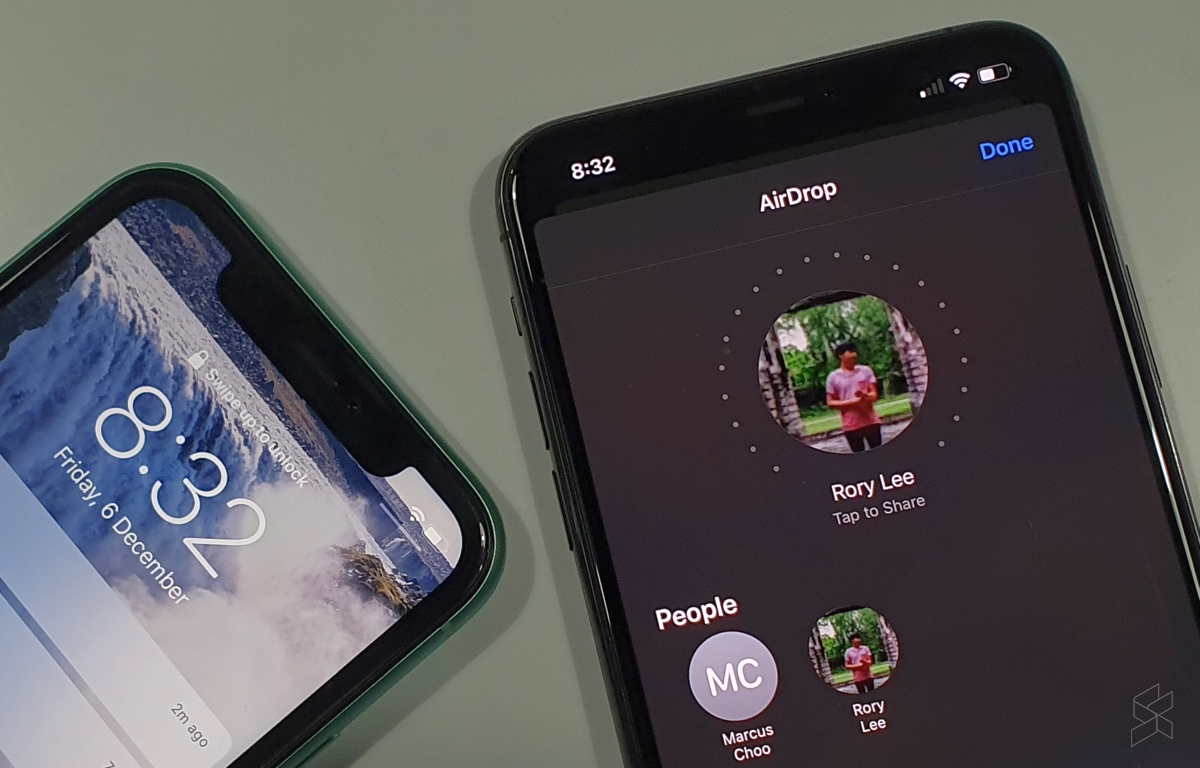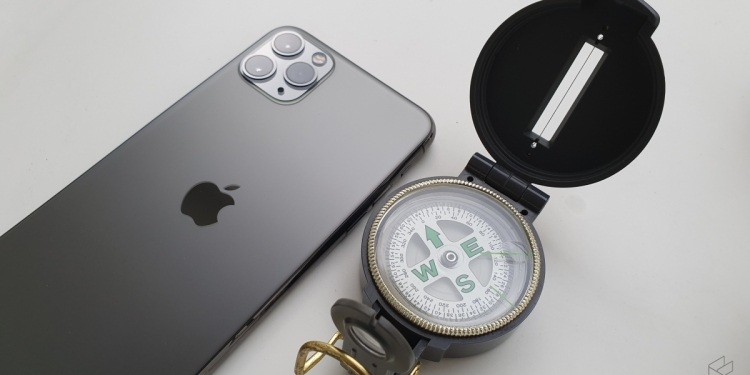Early this week, it was reported that the latest iPhone 11 series were quietly requesting for user’s location data even when no apps or services are requesting for it. A couple of users have reported the issue to Apple and assumed that it was a bug that needs to be patched. The folks at Cupertino have responded and they have assured that they are not collecting user location data at all.
In response to security expert Brian Krebs, Apple says that the behaviour is expected and it was related to the Ultra-Wideband (UWB) technology that was introduced on the iPhone 11, iPhone 11 Pro and iPhone 11 Pro Max. This is a location-based feature that’s designed to offer better precision especially indoors.

With UWB, you can share a file to another user via AirDrop more effectively. Instead of going through a random list of iPhone, iPad and MacBooks near you, AirDrop will automatically detect the device that’s closest to you. The technology also enables new possibilities including unlocking your car, your door, turning on the lights or switching your TV’s Netflix profile to yours when your device is near.
Although UWB is an industry-standard, it is prohibited in certain countries. Therefore, iOS will use location services to check if it is in a permitted country and if it isn’t, it will disable UWB. As a result, you may see the location services icon appearing occasionally despite not running any apps that require location data. At the moment, UWB is not permitted in a small number of countries which include Argentina, Indonesia and Paraguay.
For greater privacy, Apple has emphasised that the management of Ultrawide Band compliance and its use of location data is done entirely on the phone and is not sent to Apple or other external servers. Apple also plans to offer the option for users to disable UWB in a future iOS update but they have yet to provide a specific timeline.
[ SOURCE ]








